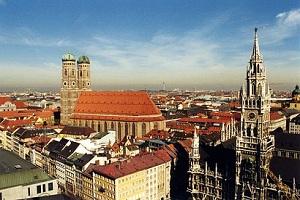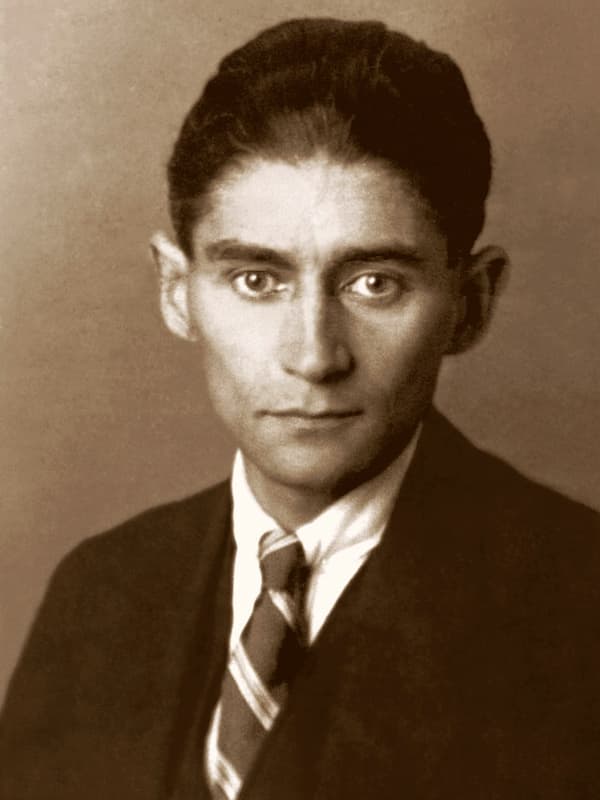German Studies

German is the most widely spoken language in Europe.
German is an official language in seven European countries: Germany, Switzerland, Austria, Italy, Liechtenstein, Luxembourg, and Belgium, and an is a key business language in the European Union and in the rapidly growing market of Central and Eastern Europe. German is widely used as a business and scientific language in Europe, Russia, and parts of Asia.
German culture has had a substantial impact on the United States: according to a 1990 census, more Americans (25%) can trace their ancestry to Germany than to any other country. More than 60 million Americans are at least partly of German heritage.
Undergraduate Programs
-
Degrees
- BA German Studies
- BA Language and Area Studies: German/Europe
- BA Communication, Language, & culture: German Track
- BS Business, Language, & Culture Studies: German Track
- Combined BA/MA in German/TESOL
-
Minors
- Minor in German Language
- Minor in Language and Area Studies: German/Europe
-
Certificates
- Undergraduate Translation Certificate in German
For More Information
- Academic Advising for Major/Minor in German Studies:
Tara Pylate
205-885-1452
wlcprogramadvisor@american.edu - General Program Information:
Prof. William Quirk, Program Director
202-885-6769
quirk@american.edu
German Faculty - Courses: German Courses (on Eagleservice)
- Language Coaching: Make appointments at the Center for Language Exploration, Acquisition, and Research (CLEAR).
Related Contacts & Links
- German Programs via AU Abroad:
Liz Adema
adema@american.edu
Why Study German at AU?
- Courses are taught by faculty recognized for outstanding teaching.
- Join more than 150 undergraduate students in German who have successfully obtained Fulbright, Konrad Adenauer, and DAAD Grants for study in Germany and Austria during the last 20 years.
- Join AU undergraduate students in German who have been accepted into graduate programs on German related topics at prestigious universities in the United States and abroad (Harvard, Columbia, Duke, Georgetown, Johns Hopkins, New York University, Vanderbilt, and University of Freiburg).
- Join the AU Gamma Lambda Chapter of Delta Phi Alpha, the National German Honor Society.
- Participate in Internships and Co-ops at prestigious German organizations in the Washington Metropolitan Area and in Germany.
- Study in Berlin with the AU Abroad Program.
Course Spotlight
 German 342: Kafka & Modes of Imagination
German 342: Kafka & Modes of Imagination
This course explores the strange, dreamlike world of the writer Franz Kafka within a broad, international context of creative activity. The course is structured by the stories, parables, and novels of Kafka, but also branches out in different directions to examine writers, artists, and filmmakers whose works lends themselves to thought-provoking juxtapositions. With an awareness of how cultural context informs creative activity, students compare Kafka's work to that of writers such as E. T. A. Hoffmann, Dostoevsky, Borges, Flannery O'Connor, and Yoko Towada; the art movements Expressionism, Dadaism, and Surrealism; and films such as The Cabinet of Doctor Caligari, Un Chien Andalou, and Mulholland Drive, among others. GERM-342 is a Creative-Aesthetic course in the Habits of Mind part of AU CORE, being offered FALL 2024 and taught in English!